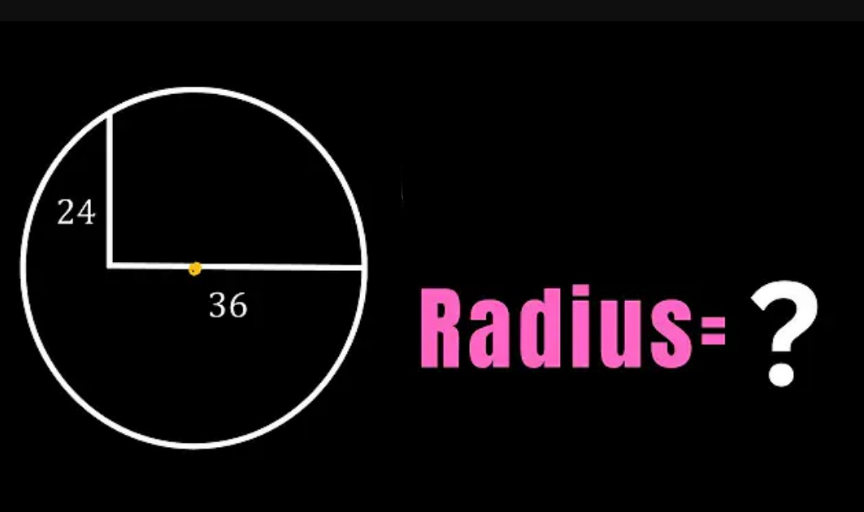
Question and Answers Forum
AllQuestion and Answers: Page 112









Pg 107 Pg 108 Pg 109 Pg 110 Pg 111 Pg 112 Pg 113 Pg 114 Pg 115 Pg 116
|
Question and Answers Forum |
AllQuestion and Answers: Page 112 |

|
| ∫_0 ^π (1/π^2 ) (x/( (√(1+sin^3 x ))))[(3πcosx+4sinx)sin^2 x+4]dx |

|
| if a^a =b^b ; a=b is it true? if it is true then prove it. |
| ((32^(32^(32) ) )/9) ≡^R ? |
| can′t Solve Differantial Equation Diff Equa : (((dy(t))/dt))^2 +4y(t)=8t^2 −32t+28.... Sadly it′s impossible to obtain an exact closed−form expression of the Solution of Diff Equa But if the Runge−Kutta method is used. the value of the function at any one point can be estimated |
| x^3 +y^3 =1 find the implceat second derivative |
| [f′(x)]^2 +4f(x)=8x^2 −32x+28 ⇒f(x)=¿ |
| f_([0;3]) (x)>0 f(0)=3 f(3)=8 ∫^3 _0 (([f′(x)]^2 )/(f(x)+1))dx = (4/3) f(2)=¿ |
| 2^( x + log_2 3) = 12 ⇒ find: x = ? |
| (((√3)),(1) ) and ((1),((√3)) ) vector find θ=? |

|
| A = { (k/2^n ) ∣ 1≤ k ≤ 2^n , n∈N } find . A^( −) = ? |

|

|

|
| calcu/ limit/n→+oo ∫_0 ^(+oo) arctan((x/n))e^(−x) dx |
| −−−−−−− Ω = Σ_(n=0) ^∞ (( (−1)^( n) )/((−1)^( n) −n)) = ? −−−−−−− |

|
| If x,y,z>0 and xyz = 1 Prove that: ((((√2)x)^2 )/((1+xz)(1+xy))) + ((((√2)y)^2 )/((1+yz)(1+xy))) + ((((√2)z)^2 )/((1+xz)(1+yz))) ≥ (3/2) |
| a,b,c ∈ℜ^+ a+b+c=1 a^2 /(1+b+c) + b^2 /(1+a+c) + c^2 /(1+a+b)≥k find k max. hint : inequality cauchy schwarz |
| ∫_0 ^(+∞) (1/(1+e^(2x) ))dx=? |
| whats the suficient condition to became the question σ^2 (1−a_i )[λ_i (1+a_i )−(1−a_i )(1−d_i )+(λ_i +k)] < 0 |

|

|
| If a,b,c∈R^+ and a+b+c=6 Prove that: ((a^2 −4)/(4a^2 −9a + 6)) + ((b^2 −4)/(4b^2 −9b + 6)) + ((c^2 −4)/(4c^2 −9c + 6)) ≤ 0 |
Pg 107 Pg 108 Pg 109 Pg 110 Pg 111 Pg 112 Pg 113 Pg 114 Pg 115 Pg 116 |